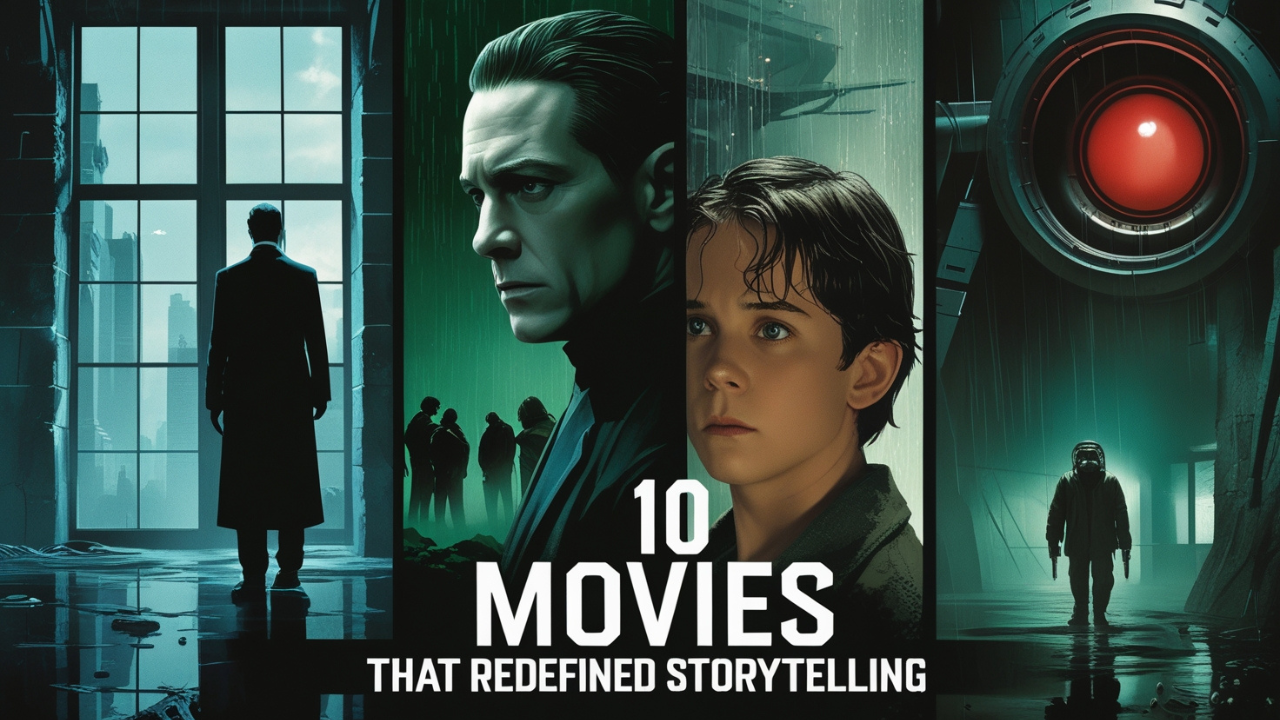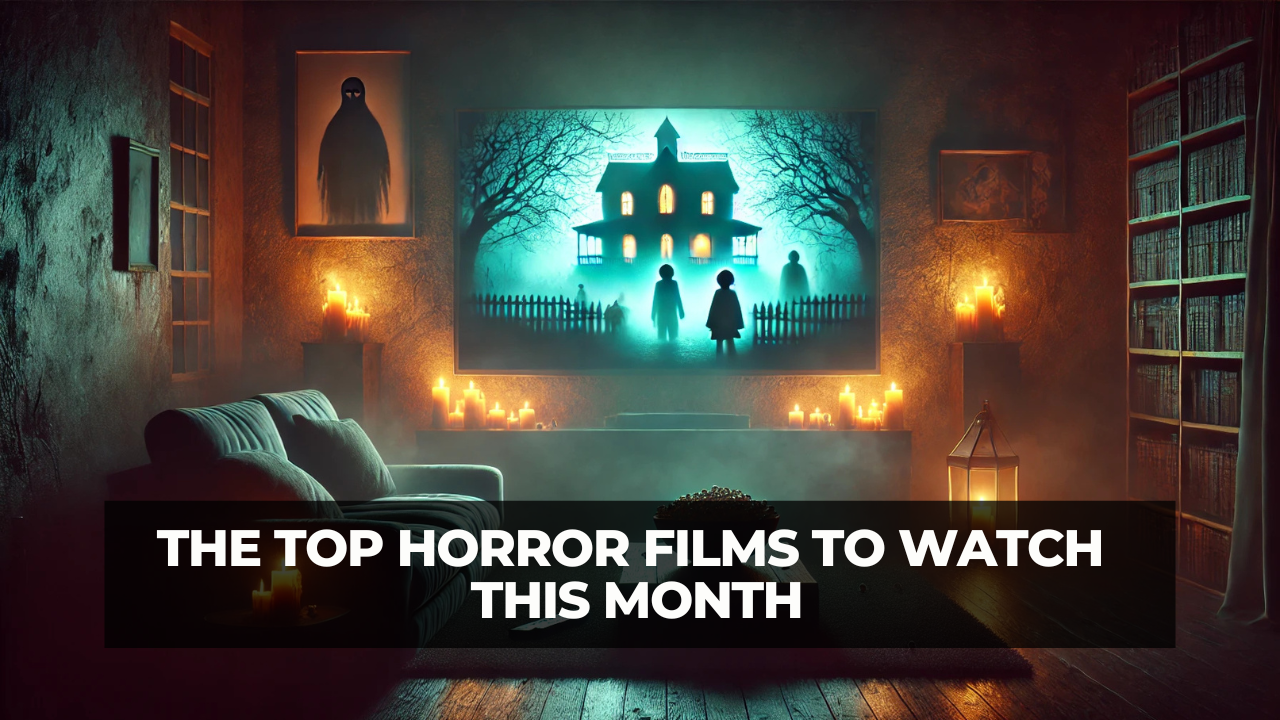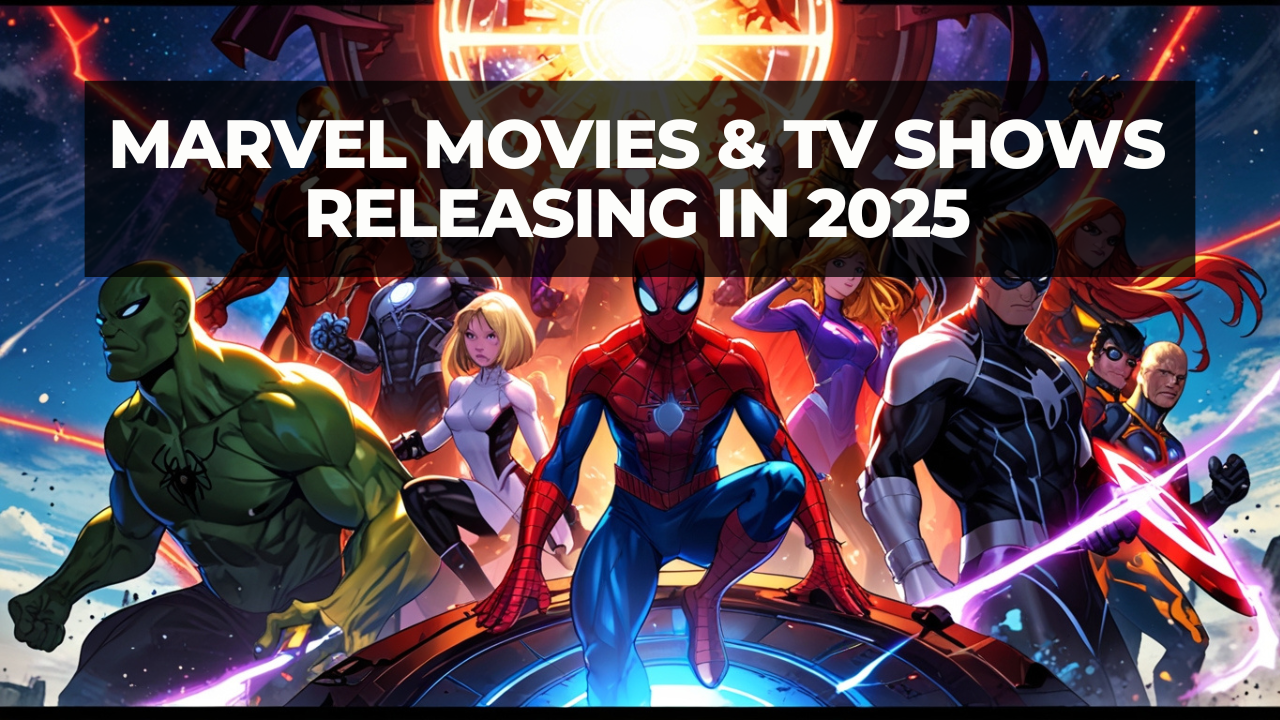Cinema has always been about more than just entertainment. It’s a medium that captures the complexities of human experience and pushes the boundaries of storytelling. Some films don’t just tell a story—they redefine how stories are told, leaving an indelible mark on the industry and inspiring generations of filmmakers. Here’s a countdown of 10 revolutionary movies that changed the way we think about cinema forever.
1. Citizen Kane (1941)
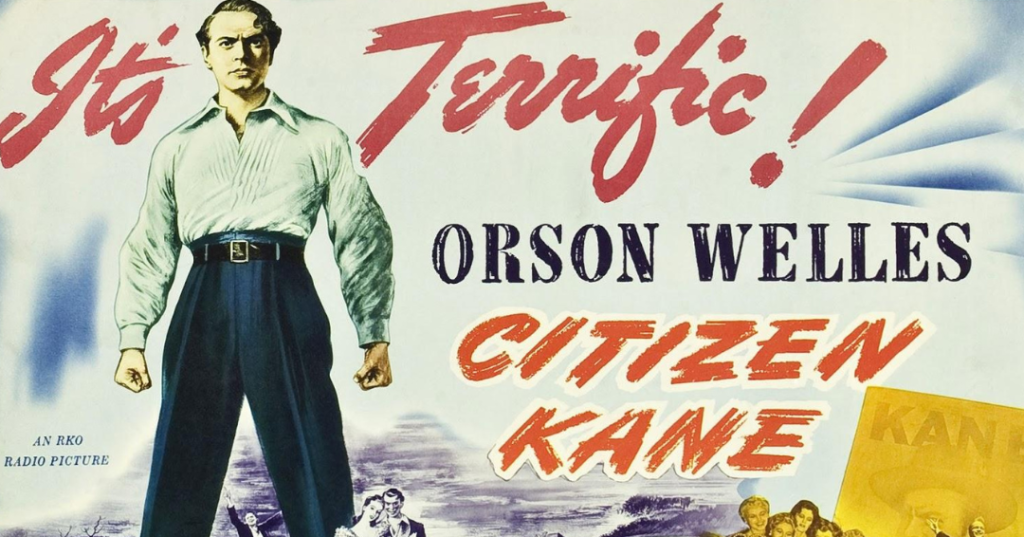
Why It’s Revolutionary: Orson Welles’ magnum opus introduced innovative storytelling techniques, including the non-linear narrative structure and deep-focus cinematography. Told through a series of flashbacks, Citizen Kane explored themes of power and legacy in a way that was ahead of its time.
Personal Take: The way Welles peeled back layers of Charles Foster Kane’s life felt like solving a puzzle. Every time I watch it, I find a new detail that changes my perspective.
Fun Fact: Orson Welles was only 25 years old when he directed this masterpiece.
2. Pulp Fiction (1994)
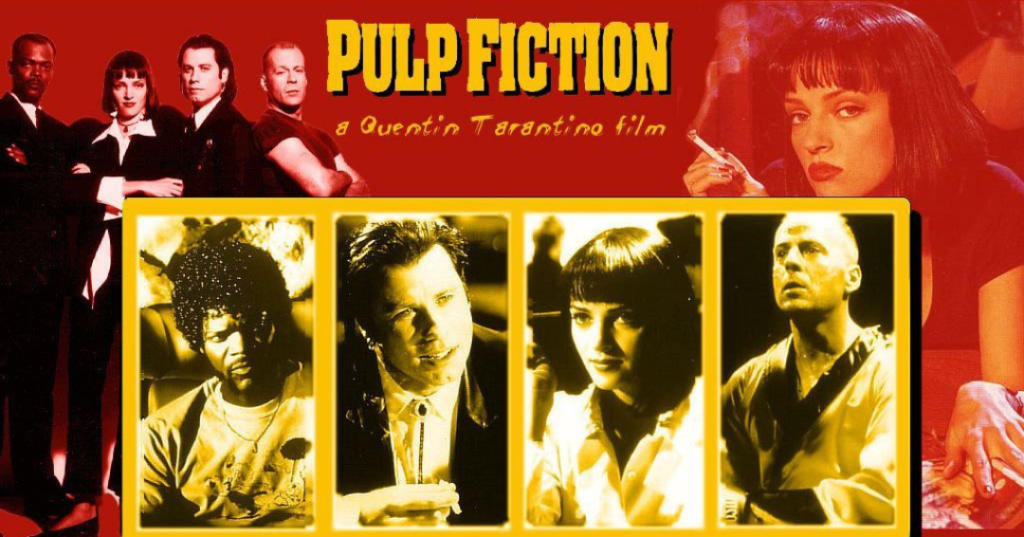
Why It’s Revolutionary: Quentin Tarantino’s Pulp Fiction disrupted traditional linear storytelling with its intertwined narratives and razor-sharp dialogue. Its bold structure challenged audiences to piece together the plot in their heads.
Personal Take: I still remember the first time I saw the diner scene—it felt like watching something alive and unpredictable. Tarantino doesn’t just make films; he creates experiences.
Fun Fact: The film revived John Travolta’s career and made Samuel L. Jackson an icon.
3. Rashomon (1950)
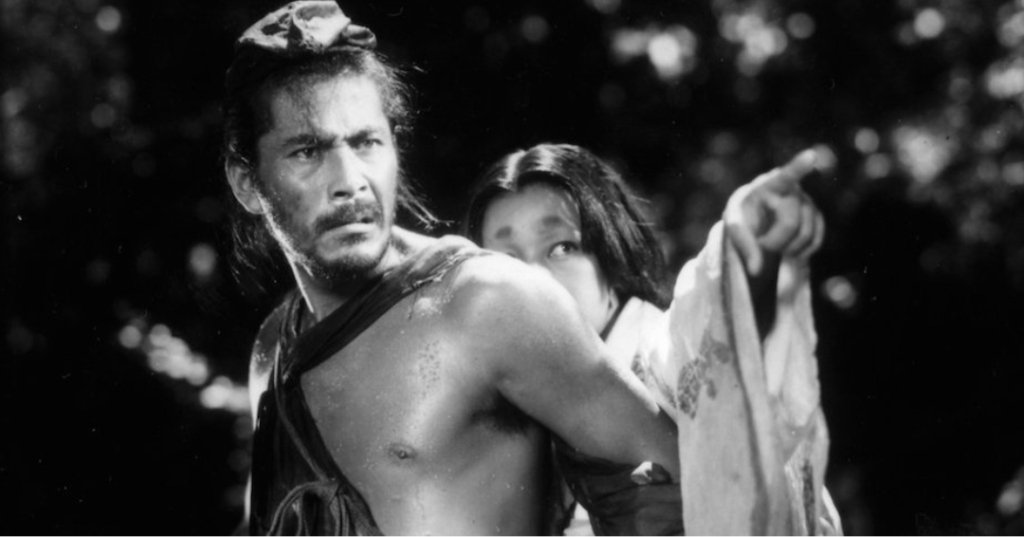
Why It’s Revolutionary: Akira Kurosawa’s Rashomon introduced the concept of unreliable narrators, with each character recounting the same event differently. This groundbreaking film questioned the nature of truth and perception.
Personal Take: Watching Rashomon was like a philosophical exercise—it made me question how much of what I see and hear is filtered through personal bias.
Fun Fact: The term “Rashomon effect” is now used in psychology and law to describe conflicting interpretations of the same event.
4. The Matrix (1999)
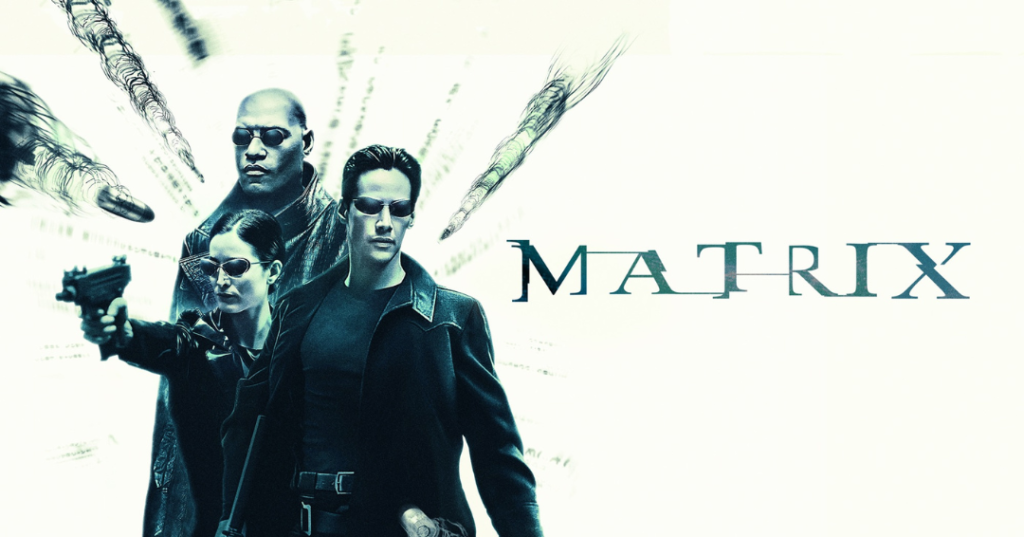
Why It’s Revolutionary: With its mind-bending plot and groundbreaking visual effects like “bullet time,” the Wachowskis’ The Matrix redefined science fiction storytelling. Its fusion of philosophy, technology, and action was unlike anything audiences had seen.
Personal Take: Neo’s journey made me think deeply about reality and choice. Plus, those action sequences are still some of the best ever made.
Fun Fact: Will Smith turned down the role of Neo to star in Wild Wild West—a decision he later regretted.
5. Memento (2000)
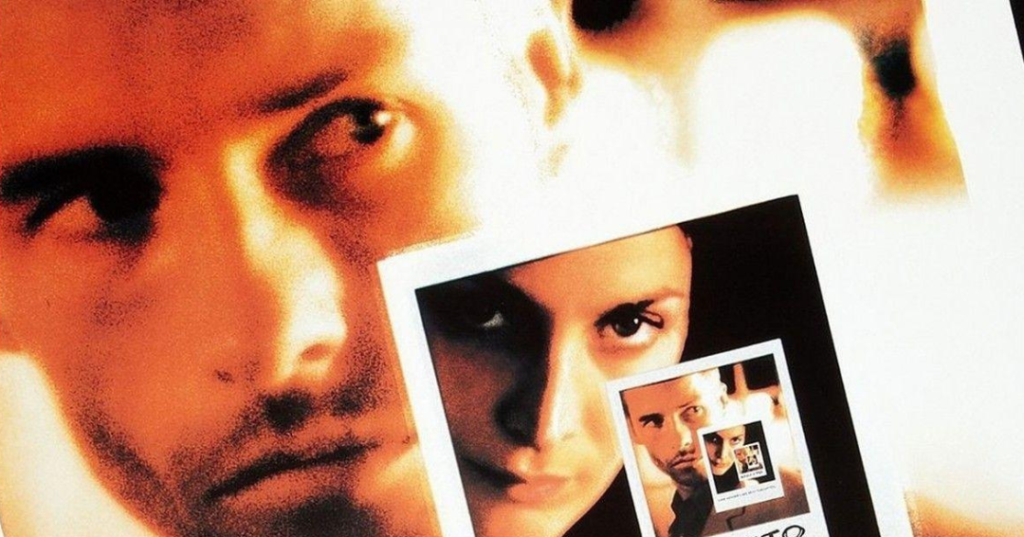
Why It’s Revolutionary: Christopher Nolan’s Memento unfolds in reverse, mirroring the protagonist’s short-term memory loss. This innovative narrative structure immerses viewers in the disorientation and confusion of the character.
Personal Take: This film made me realize how storytelling isn’t just about what happens but how it’s revealed. It’s one of those movies you’ll want to watch twice.
Fun Fact: The story was based on a short story written by Nolan’s brother, Jonathan.
6. 2001: A Space Odyssey (1968)
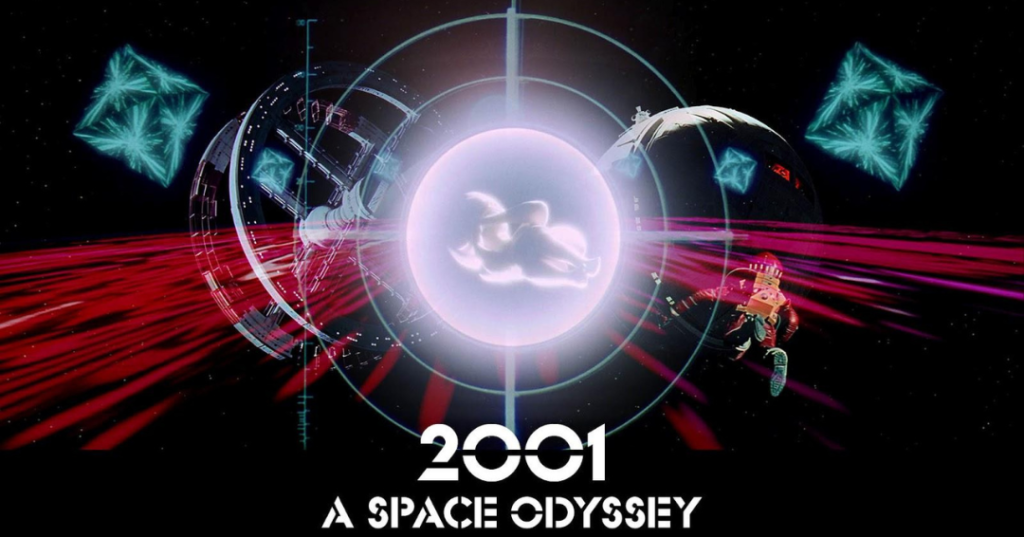
Why It’s Revolutionary: Stanley Kubrick’s 2001 combined stunning visuals, minimal dialogue, and an ambiguous narrative to create an otherworldly experience. It’s a masterclass in “show, don’t tell.”
Personal Take: The slow, deliberate pace might not be for everyone, but I found it mesmerizing. The HAL 9000 storyline is a chilling reminder of technology’s potential dangers.
Fun Fact: Kubrick worked closely with NASA consultants to make the film’s depiction of space travel as accurate as possible.
7. Eternal Sunshine of the Spotless Mind (2004)
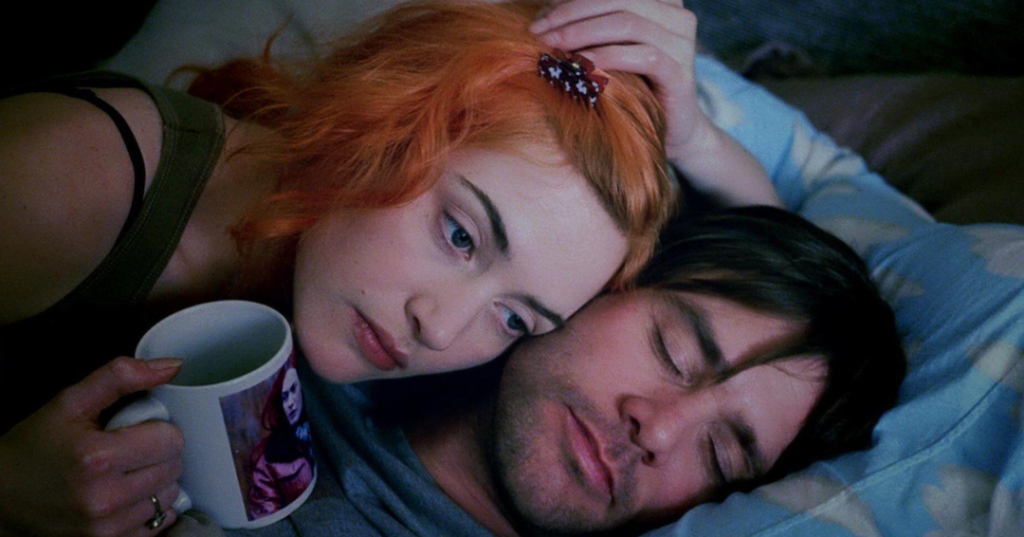
Why It’s Revolutionary: Charlie Kaufman’s screenplay for Eternal Sunshine turned a love story into a surreal exploration of memory and heartbreak. Its non-linear structure and dreamlike sequences capture the fragility of human relationships.
Personal Take: This film hit me emotionally in a way few movies do. It’s as if it knows how it feels to want to hold onto a memory, even when it hurts.
Fun Fact: Jim Carrey and Kate Winslet swapped their usual roles, with Carrey playing the subdued character and Winslet taking on the quirky one.
8. Boyhood (2014)
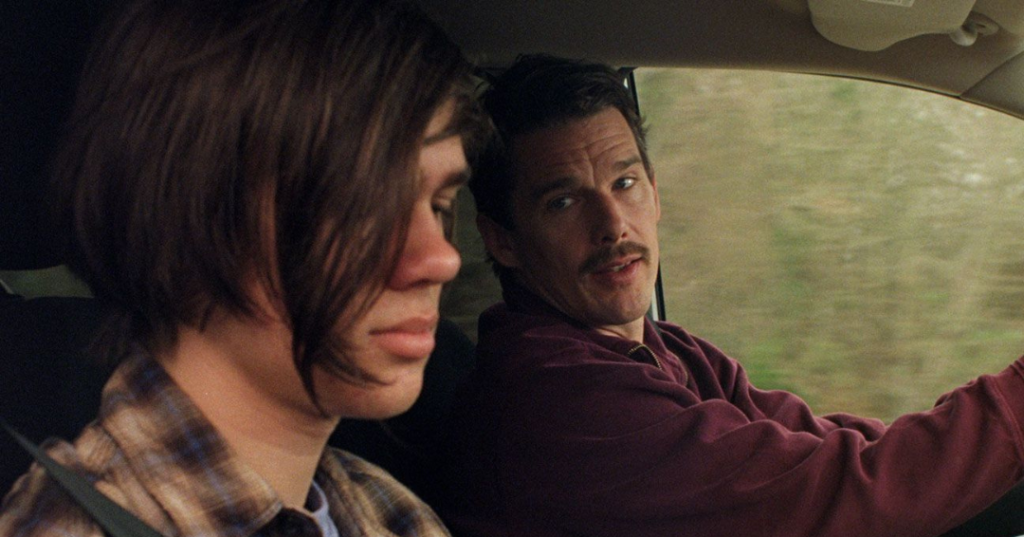
Why It’s Revolutionary: Richard Linklater’s Boyhood was filmed over 12 years with the same cast, capturing the genuine passage of time. This ambitious project creates an unparalleled sense of realism.
Personal Take: Watching Mason grow up on screen felt like flipping through a family photo album. It’s a quiet but profoundly moving film.
Fun Fact: Linklater planned the film meticulously, shooting short segments every year from 2002 to 2013.
9. Parasite (2019)
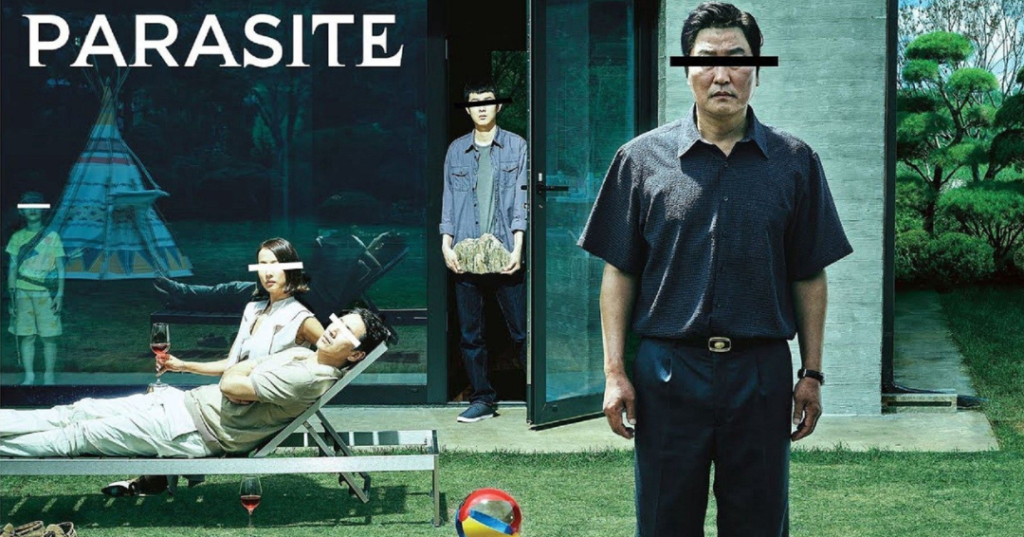
Why It’s Revolutionary: Bong Joon-ho’s Parasite blurred genre boundaries, combining dark comedy, thriller, and social commentary. Its twisty narrative and sharp critique of class inequality made it the first non-English language film to win Best Picture at the Oscars.
Personal Take: The way this movie builds tension is masterful. The second half had me on the edge of my seat, and that final twist? Jaw-dropping.
Fun Fact: The house in Parasite was built specifically for the movie, with each level designed to reflect the characters’ social status.
10. The Godfather (1972)
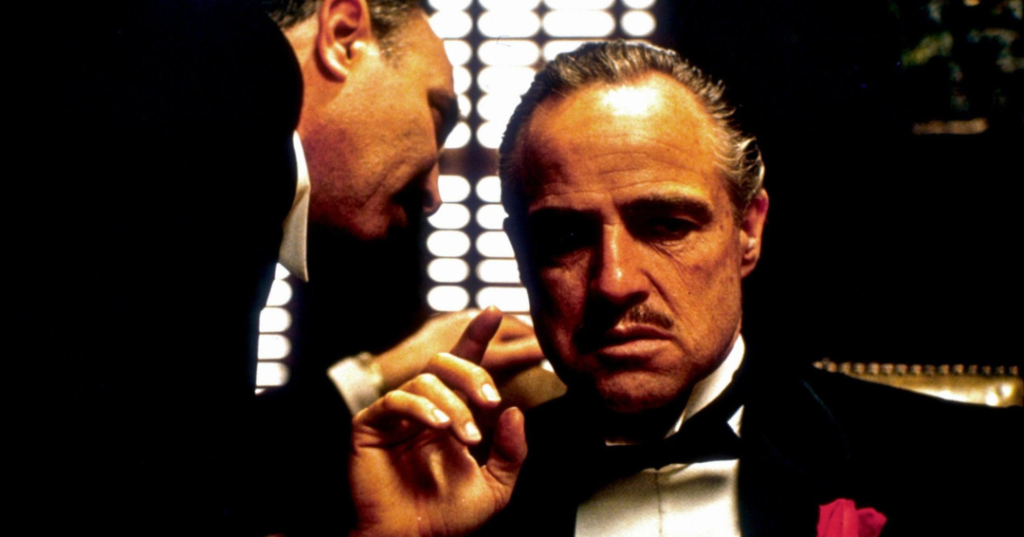
Why It’s Revolutionary: Francis Ford Coppola’s The Godfather elevated the crime genre with its epic scope, complex characters, and moral ambiguity. Its use of storytelling as a reflection of family and power dynamics set a new standard for cinema.
Personal Take: Every time I rewatch The Godfather, I’m struck by its elegance. The performances, the cinematography, the writing—everything is just perfect.
Fun Fact: Marlon Brando stuffed his cheeks with cotton during his audition to create Don Vito Corleone’s iconic look.
Final Thoughts
These 10 films aren’t just cinematic milestones; they’re cultural touchstones that have shaped the way stories are told on screen. Each one offers something unique, whether it’s a bold narrative structure, groundbreaking visuals, or themes that resonate across generations.
If you haven’t seen these masterpieces yet, you’re in for a treat. They’re not just movies—they’re experiences that stay with you long after the credits roll. So grab some popcorn, dim the lights, and let these films remind you why cinema is truly an art form.

Mohit Singhania is a passionate film enthusiast and the creator of CinematicJunction.com, a platform dedicated to exploring the world of movies and web series.
With a commitment to delivering original, high-quality content, Mohit combines his love for storytelling with sharp insights into the entertainment industry. When he’s not writing, you can find him binge-watching the latest series or diving deep into the art of filmmaking.
Stay tuned to Cinematic Junction for your daily dose of cinematic trends, reviews, and more!

